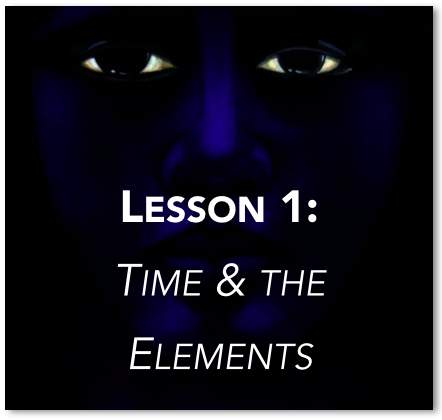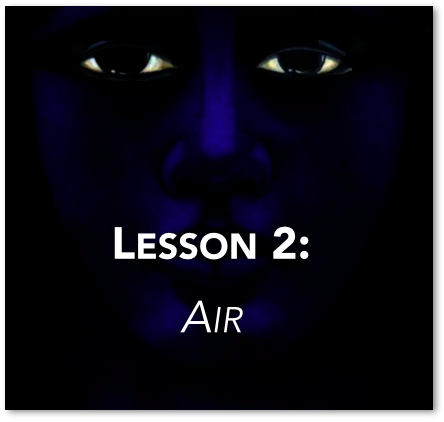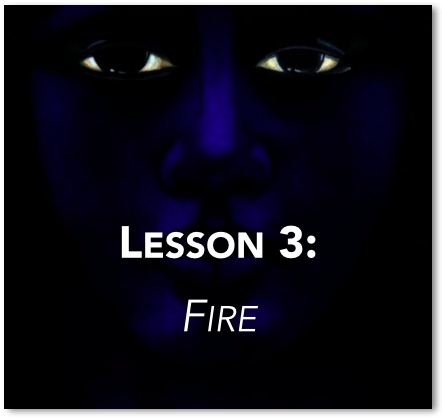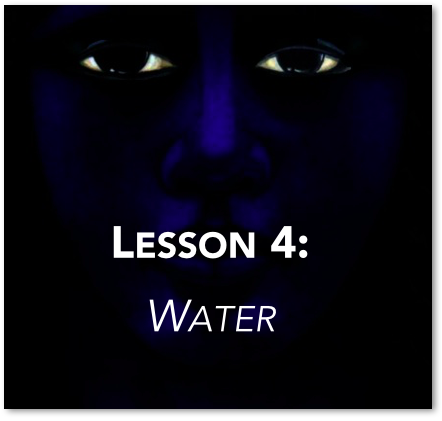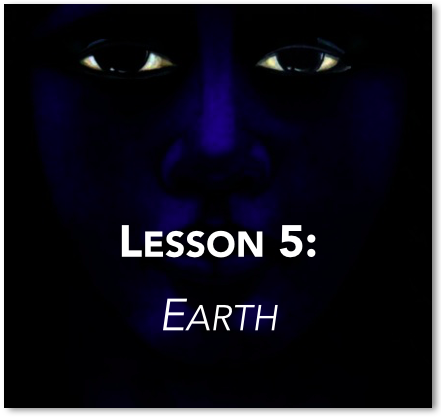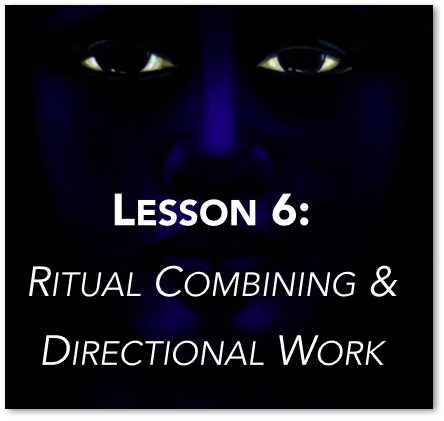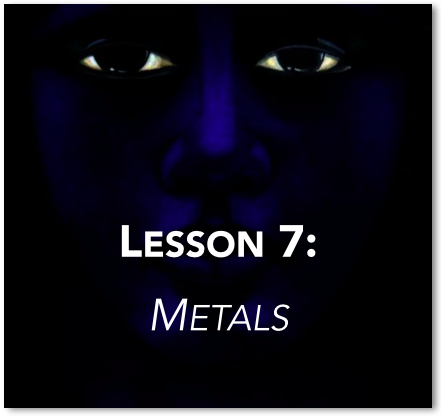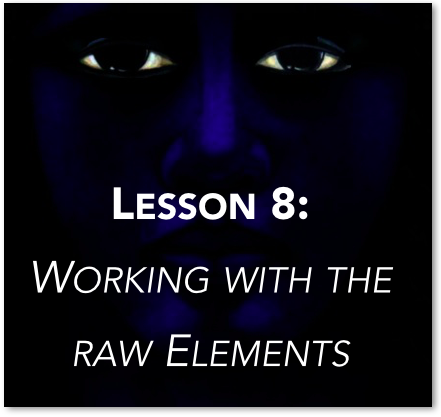The Apprentice
Module 7: Elements as tools
Although module seven was originally going to be about the Inner Tem- ples, it became clear as I was writing the last module that at this stage you need to work a bit more intensively with the elements, which in turn would build upon the last module.
So far you have learned about the root magical tools, about beings, places, etc, and you have begun to practise the basics of working with the ele- ments, both in a simple alchemical way (water) and by simple communion with their deeper consciousness. Now it is time to expand upon those experi- ences and learn how to work with the elements directly in different ways so that you can apply these techniques in your magical practice.
In truth, the natural elements are the strongest magical tools you can work with in magic, as they have the full force of nature and creation within them, and in a balanced way. But as in all magic, you need to learn both ends of the spectrum in order to produce balanced magic that actually achieves something. As you go through your training, you will work with dif- ferent and deeper layers of the elements. By the time you finish your adept- level training, you will have a full understanding of all octaves of the ele- ments, both in nature and in magic.
In this module, we will look at the ‘classical Western’ four elements of air, fire, water, and earth. We will also look at time as an element. When you work with time, substance, and consciousness, you create a magical har- monic that is powerful and lasting.
The elements do not exist in clear individual units; rather they are all of each other, and each of the four elements can be reached and found in a single element. In magic we tend to organise them into clean, easy to under- stand single units in directions and with a list of colours and attributes—the usual trap for a magician. In truth, the elements are far more mutable and dynamic, and are a part of a much larger harmonic that includes lots of other forces and dynamics.
The separating out of the elements is a useful tool for apprentices, as is an understanding of the four-directional ‘homes’ of the elements. But as your learning progresses, you will begin to understand the subtleness and complexity of these forces and how they shift around, blend, and entwine with each other.
Course Study Information
Pace yourself. Some modules can be done together, some cannot. You will quickly realise which ones are weekly exercises that are ongoing, and which ones you need to focus on exclusively. Work out a rota of study/experimentation that works for you. There is no clock ticking, and it is not a race.
Keep paper and online notes in English. This is very important.
JOURNALS AND EXERCISES
Each lesson potentially presents a combination of exercises, tasks, journal keeping, computer logs, and most have experiments. There is a lot of practical tasks and work in the course, and you are expected to keep written records of how the work went for each session, - your journal should include what you felt, what you observed, and what happened or didn’t happen. These journals are important as they are a record of your work done, and without these notes, you cannot apply to join our online debate forum, nor can you attend any online or in person Quareia events. It is also a prerequisite for mentoring – without suitable apprentice notes you cannot apply for the free mentoring in the Initiate and adept sections of the course.
When you are directed to specifically handwrite your notes in a journal, please do so if you can, as the handwriting will later form a part of contacted writing training. For submission to Quareia, if the hand notes are easily readable (each page should have the date, your name, along with the module and lesson number), scan or photograph them, and name each file according to the lesson and module. If your handwriting is difficult to read, please type it up into a MS word or PDF format. If handwriting is difficult for you, do your notes and journals on computer, but also practice a little in using your hand for contacted writing/sigil drawing – these hand scribbles will just be for yourself so it doesn’t matter what they look like, but whenever possible practice using the hand briefly in a magical way.
All other written work, essays and journaling can be done on computer file – keep backups or print outs, as you cannot be mentored or accepted into the debate forum if you cannot produce them.
Quareia Journalling - how to
Don’t just get one journal and put everything into it. Have an exercise book or notebook (or computer file) for each module or even each lesson - journals do not need to be expensive or fancy, simple cheap school exercise books will suffice. Don’t worry about wasting paper - over the years of your magical life, you will find yourself going back to early notes/Journals and adding to the notes of a lesson. Ensure that your handwriting is clear and readable, and if it isn’t, keep the handwritten journal for initial notes, and then type them up in full on computer. It is important that some of your work is handwritten, even if it is not submitted.
If you wish to be mentored through the Initiate and Adept training, these online and paper written notes will be a part of your application. Without them, you cannot be mentored.
Learn to be flexible and adaptable. If you come across something in the course you are not sure how to do or do not fully understand, take a step back and think about it. It is important to learn how to adapt, experiment and move forward without having every step re explained many times over – if you get stuck, work it out for yourself!
Do not skim through the lessons. You simply will not learn and you will not properly develop. Slow down, take your time - this is not a sprint, it is a marathon that will take its own time. The Apprentice section is long and hard - it will take you at least 3 years to get through it, usually more.
The Apprentice - Module 7
“Remember, twenty minutes a day of practice is far better than one or more hours once or twice a week. Little and often is the key.”


